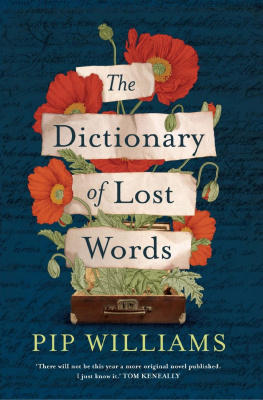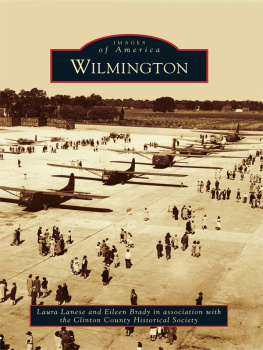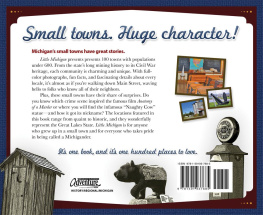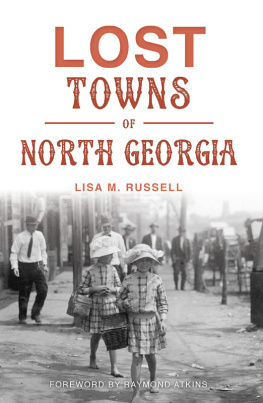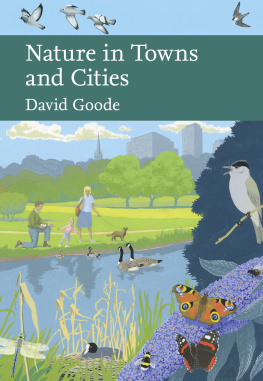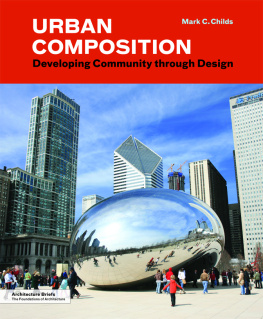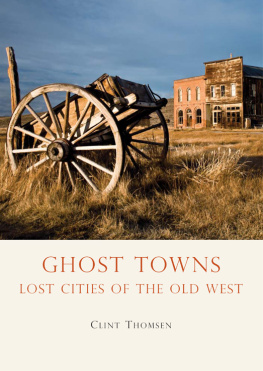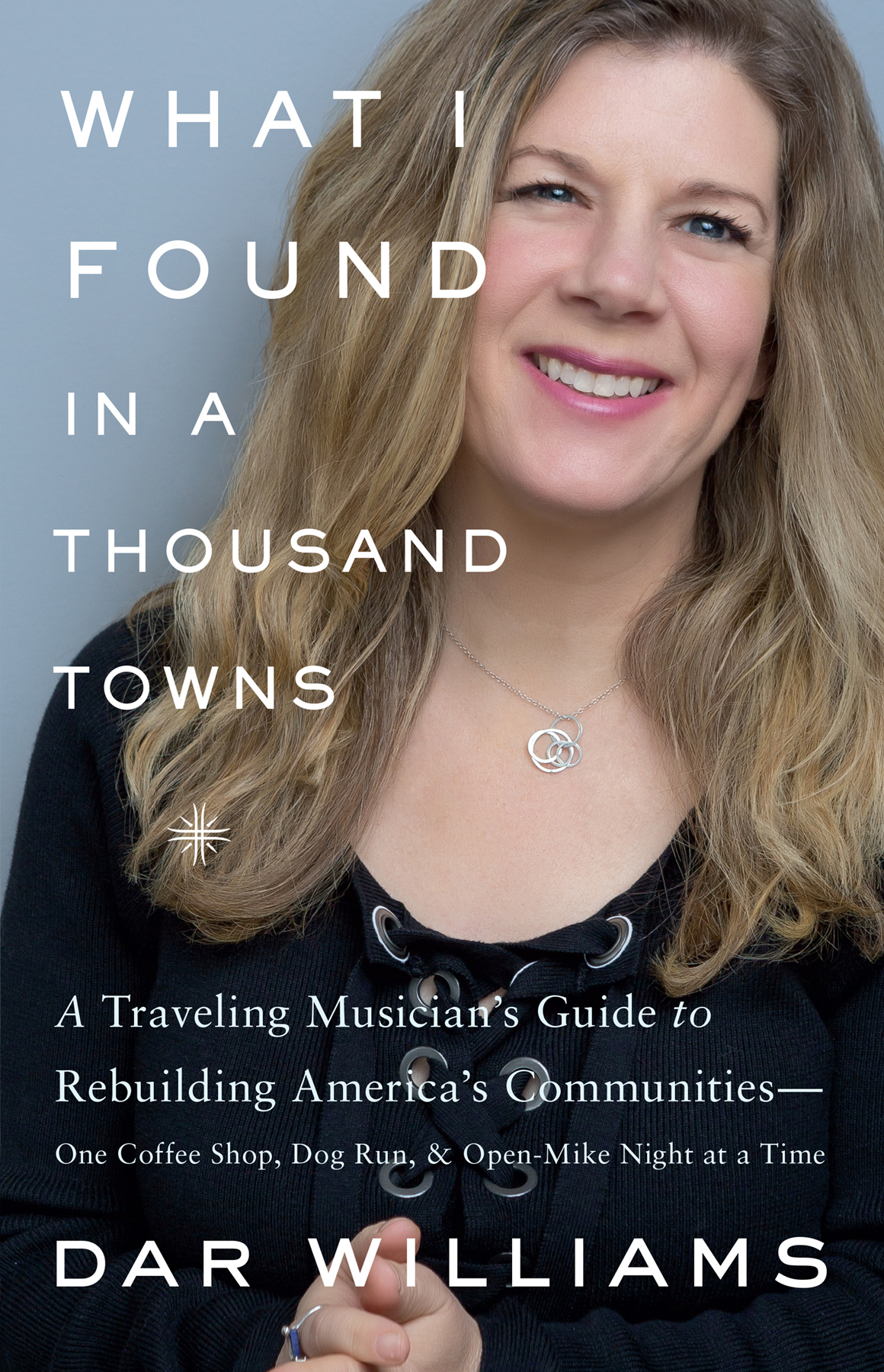Copyright 2017 by Dar Williams
Hachette Book Group supports the right to free expression and the value of copyright. The purpose of copyright is to encourage writers and artists to produce the creative works that enrich our culture. The scanning, uploading, and distribution of this book without permission is a theft of the authors intellectual property. If you would like permission to use material from the book (other than for review purposes), please contact permissions@hbgusa.com. Thank you for your support of the authors rights.
Basic Books
Hachette Book Group
1290 Avenue of the Americas, New York, NY 10104
www.basicbooks.com
First edition: September 2017
Published by Basic Books, an imprint of Perseus Books, LLC, a subsidiary of Hachette Book Group, Inc.
The Hachette Speakers Bureau provides a wide range of authors for speaking events. To find out more, go to www.hachettespeakersbureau.com or call (866) 376-6591.
The publisher is not responsible for websites (or their content) that are not owned by the publisher.
Simply Love lyrics by Holly Near, courtesy of Hereford Music (ASCAP)
Snake Farm lyrics written by Ray Wylie Hubbard, courtesy of Snake Farm Publishing (SESAC)
Sam Stone Words and Music by John Prine, 1971 (Renewed) Cotillion Music Inc. All Rights Reserved. Used By Permission of Alfred Publishing, LLC
Have You Been to Jail for Justice? lyrics by Anne Feeney, courtesy of Anne Feeney (BMI)
Print Book Interior Design by Cynthia Young
The Library of Congress has cataloged the hardcover edition as follows:Names: Williams, Dar.
Title: What I found in a thousand towns / Dar Williams.
Description: New York : Basic Books, [2017] | Includes index.
Identifiers: LCCN 2017014725 (print) | LCCN 2017017215 (ebook) | ISBN 9780465098972 (ebook) | ISBN 9780465098965 (hardcover)
Subjects: LCSH: Williams, DarTravelUnited States. | Small citiesUnited States. | SingersUnited States.
Classification: LCC ML420.W544 (ebook) | LCC ML420.W544 A5 2017 (print) | DDC 782.42164092dc23
LC record available at https://lccn.loc.gov/2017014725
ISBNs: 978-0-465-09896-5 (hardcover); 978-0-465-09897-2 (e-book)
LSC-C
E3-20170728-JV-PC
To My Parents and Sisters,
Gray, Marian, Julie, and Meredith,
who build bridges wherever they go
and have always inspired me to do the same.
Find your place on the planet. Dig in, and take responsibility from there.
Gary Snyder
I T DOESNT START WITH LOVE . If you want to live in a great town, but youre not quite there yet, you dont just start to build that town with love, peace, civility, or morality. You start with a hill.
You say to yourself, That hill, off the side of the high school, would be perfect for sledding. I know someone who could mow it with his riding mower.
You call that guy and ask. He says, Sure. On an early Saturday morning in late September when the streets are empty, he drives over on the main roads and mows the hill. You hand him a coffee and tell him your idea.
He says, pointing, After it snows, you should get someone to just tamp it down, establish the track so the kids dont end up in the junk trees there.
You imagine thorny branches, kids with broken legs and stitches. Lawsuits, condemnation. Yes. Tamping. Tracks. Good idea.
I know a guy with a plow, this guy says. Ill get him to make a track when the first snow falls.
The snow falls, and the plow guy comes. He makes four parallel tracks and sends his niece over with a sled. You invite your kids and some of their friends to take a maiden run. All parties inform you that its awesome. By afternoon there are twenty kids. The parents talk while the children sled.
A woman shyly approaches and says, Im on the PTA, and I was wondering if I could sell hot chocolate for a suggested donation. Were trying to fund some enrichment programs.
Anyone can do anything, you say. I have no claim on this. I just knew a couple of guys. Over the course of the winter, the PTA makes eight hundred dollars on hot chocolate and coffee sales. When people see its for the PTA, they round up their donations as generously as they can. Its not a wealthy town, but still.
By the next year, the mowing guy knows a tree guy whos cleared away the junk trees to make more room for sledding.
The PTA woman who sold the hot chocolate has been talking about what the school is up to, what it could use. People offer to teach after-school programs and make school visits. One woman can come in to sing; would that be helpful? One woman has a python. Should she bring it? A librarian asks what the library can do.
By the next year, the sledding hill is the place to go. People bake for the PTA table, and a local farm is the milk sponsor. The PTA has accumulated a fleet of volunteers who tutor at the school. The woman from the PTA is dating the guy with the mower. The library and school are coordinating events. Someone has started a small concert and reading series at the base of the sledding hill in the summer because the slope of the hill is like a natural amphitheater.
Next year someone wants to run an outdoor film series. Theres talk of a small community herb garden, and someone has approached the guy with a plow about starting a tool library. He says hell talk to the gal at the VFW Hall. Maybe they could do it there.
Thats when a father from another town, watching his kids speed down the hill, turns to you and says, This is a great town. I wish we lived here.
What this town is building, aside from new trails and a better school, is positive proximity, or a state of being where living side by side with other people is experienced as beneficial. I have been seeing this phenomenon of town building for more than twenty years.
Someone starts something. Others join in. And then everything starts to shift into more clarity, more resilience, more goodwill, and more pride. Libraries find their way into the digital age. Schools improve. People actually sit and eat ice cream on the benches eerily empty for years.
Ive seen the power of positive proximity firsthand in hundreds of towns such as Lowell, Massachusetts, hit with the twin degradations of industrial downturns and a crack epidemic in the 1990s. I saw it in Winston-Salem, North Carolina, where, after the R.J. Reynolds Tobacco Company left the state in 1995, the promoters of my near-empty concert were vowing that they would revive the city through the arts. Good luck with that, I thought. They did have very good luck with that.
I didnt understand the power of the positive proximity I had witnessed until I was having dinner at my friend Kates house in Charlottesville, Virginia. Her husband, Hal Movius, who writes books about conflict resolution, filled my wineglass and asked, What do you think determines the relationships well have in our towns? Hal loves to pore through Harvard studies and explain them to dinner guests.
I said, Values. No.
Politics? No again.
Hobbies? Wrong.
Hal said, Proximity. Thats all.
I disagreed. Into my mind came full-blown images, provided by news headlines, of neighbors fighting over parking spaces and fallen tree branches. Id just heard the story of a company that could identify DNA in dog poop so people could know the genetic fingerprint, as it were, of the anonymous offenses in their courtyards. Early clients were co-op associations.
But then I realized with a jolt the study Hal was referring to was right. When people transcend the myth that proximity means conflict and invasion of privacy, they gravitate toward finding ways to integrate the talents and skills of their community members. Not only that, after people discover each other in the commons of town, more connections are made, and the next thing you know, youre Lowell, Massachusetts, that small city that had a terrible drug problem but now has five museums, a popular minor league stadium and team, and a free concert series that attracts thousands of families every summer.







